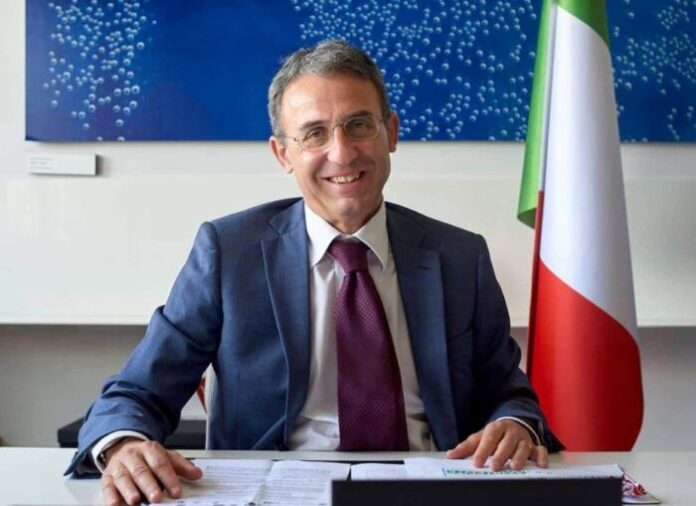
What we can do to deal with the climatic emergency? The debate is heated not only among scientists but also in the Italian political world, that has fully approved the motion elaborated by the majority, which asks the government to take various initiatives to decrease polluting emissions and de-carbonize the energy mix of our country.
“With these motions we commit the government and ourselves, with due political differences, to contribute not against but for the climatic emergency”, said Environment Minister Sergio Costa underlining that everyone, majority and opposition, are called to work to combat climate change because “the environment has no color. We were confronted in a serene, institutional and polite way to find a path together “.
Italian politics, therefore, has understood that the fight against climate change is a priority and requires urgent measures. On Tuesday, in fact, the Senate gave the go-ahead to the majority motion on initiatives to deal with the climate emergency. The text was approved following a split vote on which the abstentions met, while the opposition motions were rejected.
“Finally the whole Parliament – added the minister – agrees on the need to focus on the green. We now wait for words to move on to deeds. We owe it to Italian citizens. “
The text commits the government to 22 points. In particular, among other things, the executive is called to intervene to:
- recognize the need to intervene to deal with the environmental and climatic emergency in our country and work, in conjunction with Parliament, to allow for rapid and reliable times, in compliance with scientific indications and international agreements, the reduction of carbon dioxide emissions in the atmosphere and the progressive decarbonisation of the economy;
- accelerate the implementation of mitigation and adaptation measures to climate change, in particular with regard to the prevention of hydrogeological instability;
- support parliamentary action aimed at including the principle of protection of nature, the environment and sustainable development in the Constitution;
- reinforce the measures contained in the integrated national energy and climate plan (Pniec) to fully implement the commitments adopted under the Paris agreement on climate change;
- proceed with the recognition of existing incentives for energy efficiency, also to encourage better use of existing technologies to increase the production of electricity from renewable sources;
- implement every measure that favors the transition from the linear economy towards a circular economy model based on an efficient use of natural resources, a correct water management and a virtuous cycle of waste;
- to progressively reduce environmentally harmful subsidies;
- promoting the transition towards a sustainable public transport system and towards electric mobility;
- promoting policies for the regeneration of the urban fabric, for the protection of cultural, landscape and ecosystem assets, for combating land use and illegal construction;
- to promote the development of the organic agricultural supply chain and good agronomic practices.
“We must look to the green – observed Costa – for new jobs, in a completely different concept. For a workplace with the fossil, between three and five of them are produced at the same cost in a green key. The path can finally be done together ”.
“We – added the minister – had already believed in it with the climate law, then with the budget law and then again with the revitalization decree. Our goal is to simplify, sburocratize, speed up, in a European perspective that goes towards sustainability, in which environment and nature are not the same and in which the Pniec, the integrated national plan for energy and climate fits. , already filed by Italy, which aims to make it even more ambitious with an increase in the emissions cut between 50 and 55%, or above the 40% expected by 2030 “.



































